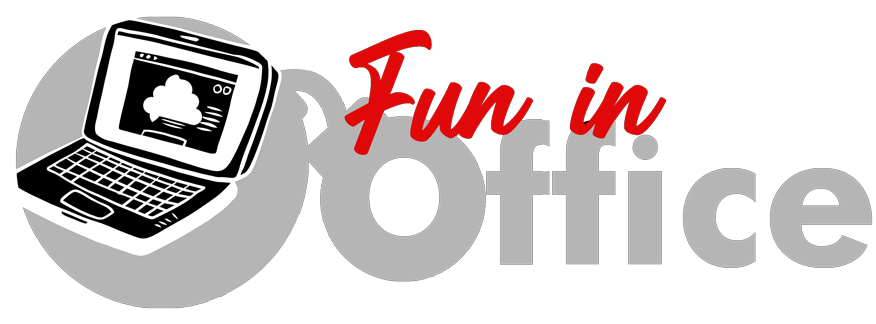In the dynamic landscape of the workplace, effective communication is key to success. Assertiveness, often misunderstood as bossiness, is a vital skill that empowers individuals to express their needs, opinions, and boundaries confidently without undermining others. In this guide, we’ll delve into strategies for mastering assertiveness in the workplace while maintaining professionalism and respect.

Understanding Assertiveness
- Defining assertiveness versus aggressiveness and passivity
- The importance of assertiveness in professional settings
Building Self-Confidence
- Recognizing your strengths and contributions
- Overcoming self-doubt and imposter syndrome
Setting Clear Boundaries
- Communicating boundaries effectively
- Saying no assertively without feeling guilty
Active Listening
- The role of active listening in assertive communication
- Techniques for enhancing listening skills
Constructive Feedback
- Giving and receiving feedback assertively
- Fostering a culture of constructive criticism
Conflict Resolution
- Approaching conflicts assertively and constructively
- Finding win-win solutions through effective communication
Body Language and Vocal Tone
- The impact of non-verbal cues on assertiveness
- Tips for maintaining confident body language and tone of voice
Assertive Language
- Using assertive language to express thoughts and opinions clearly
- Avoiding passive or aggressive language patterns
Handling Difficult Conversations
- Strategies for navigating challenging discussions with colleagues or superiors
- Maintaining professionalism and respect during tough exchanges
Assertiveness in Leadership
- Leading assertively without micromanaging
- Empowering team members through clear communication and support
Practicing Assertiveness Daily
- Incorporating assertiveness into daily interactions and tasks
- Consistency and perseverance in developing assertive communication skills
Overcoming Obstacles
- Common obstacles to assertiveness and how to overcome them
- Seeking support and feedback from mentors or peers
Assertiveness and Career Growth
- The Link Between assertiveness and Career Advancement
- Leveraging assertive communication skills for professional success
Cultivating a Supportive Environment
- Fostering a workplace culture that values assertiveness and open communication
- Encouraging colleagues to express themselves confidently and respectfully

Conclusion, assertiveness is not about being bossy; it’s about confidently asserting your needs and opinions while respecting others. By mastering assertive communication techniques, you can navigate workplace dynamics effectively, enhance collaboration, and propel your career forward. Start incorporating these strategies today and unlock your full potential in the workplace!
FAQs (Frequently Asked Questions)
Q. How can I differentiate between assertiveness and aggressiveness?
A: Assertiveness involves confidently expressing yourself while respecting others’ opinions, whereas aggressiveness disregards others’ feelings and opinions.
Q. Is it possible to be assertive without appearing confrontational?
A: Absolutely! Assertiveness focuses on clear communication and mutual respect, avoiding unnecessary confrontation.
Q. Can anyone learn to be assertive, or is it an innate trait?
A: Embarking on the journey to become more assertive is a path open to everyone, one that can be navigated with dedication and a deep understanding of oneself. It’s a skill that can be honed over time, with each step forward guided by practice and a heightened sense of self-awareness. As you progress along this journey, you’ll find yourself gradually becoming more confident in expressing your needs and boundaries, ultimately leading to more fulfilling and authentic interactions with others.
Q. What should I do if I encounter resistance to my assertiveness in the workplace?
A: In moments of resistance, maintaining composure and confidence is key. It’s important to strive to understand the motivations behind the resistance through open dialogue and mutual respect. These actions can pave the way for effective conflict resolution, creating a space for constructive discussions and mutual understanding.
Q. How can assertiveness benefit my career growth?
A: Assertive individuals are often seen as confident and reliable leaders, which can lead to greater opportunities for career advancement and success. Their ability to express their opinions and take decisive action can inspire confidence in others and make them valuable assets in any organization. By being assertive, individuals can effectively communicate their needs and goals, establish boundaries, and take on leadership roles that can propel their careers forward.
Assertiveness Communication skills Productivity Professional Development Workplace Dynamics
Last modified: February 12, 2024






















